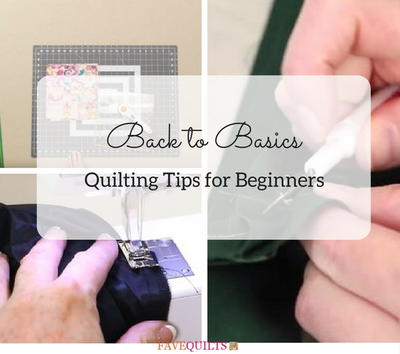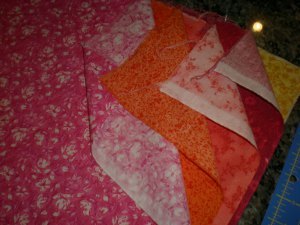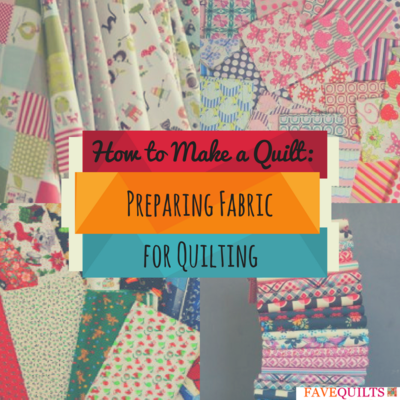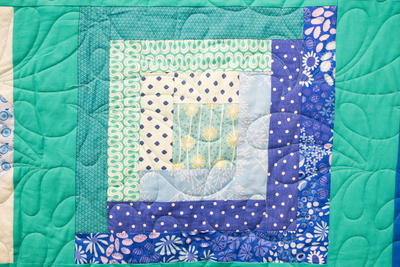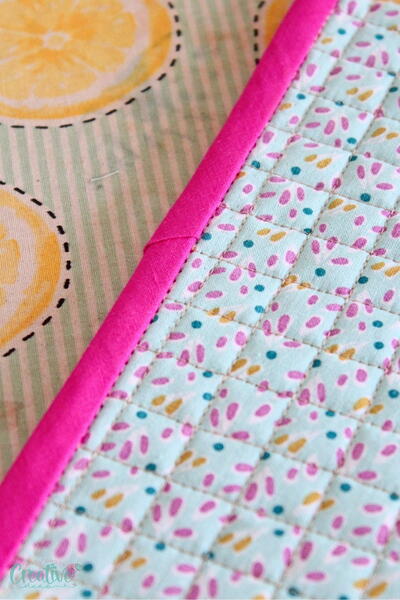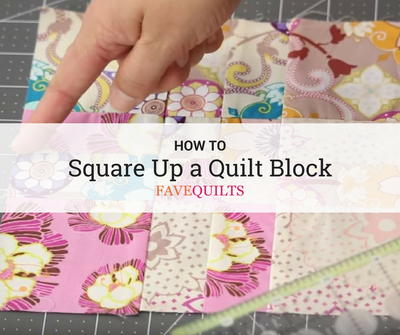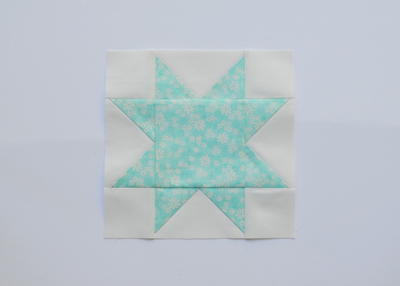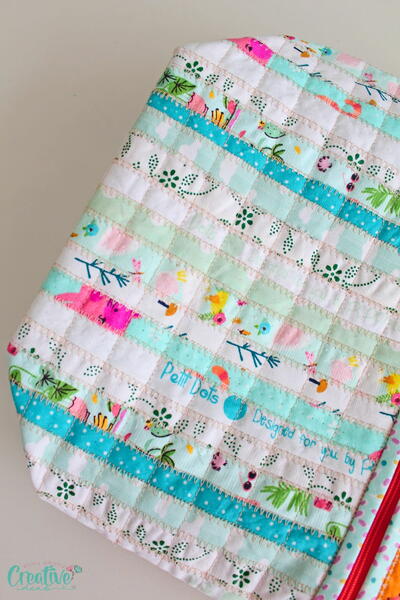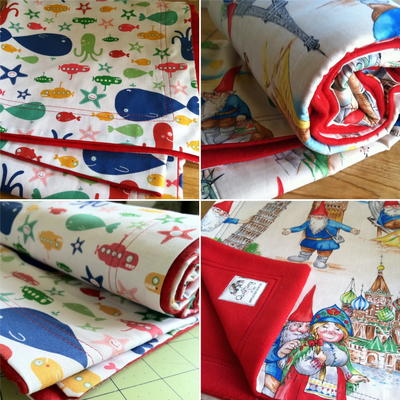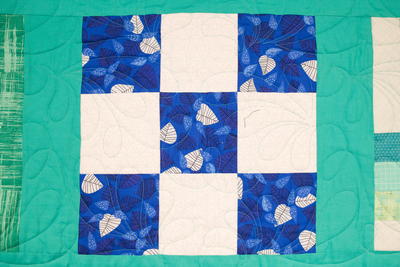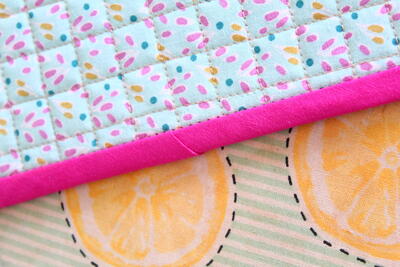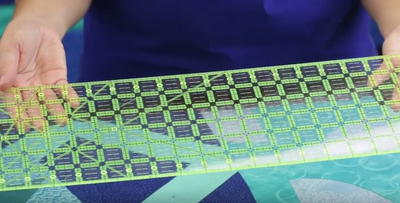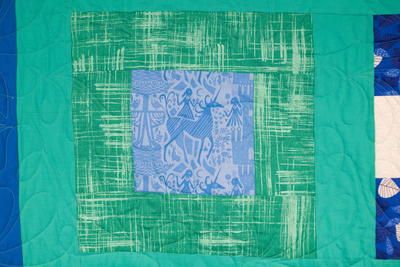How to Make a Quilt: Preparing Fabric for Quilting
Do you wash fabric before quilting? Find out the answer and more below!
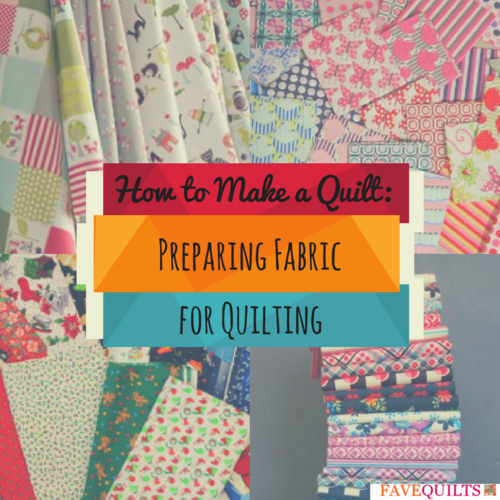
After you plan your first quilt and buy supplies for the project, you will have to make a decision: do you wash fabric before quilting? This quilting 101 tutorial will help you to decide the best way for preparing fabric for quilting, particularly for cutting and piecing.
When you are learning how to make a quilt, you may run into some quilting tutorials that will tell you that you must wash and dry your fabric before beginning your project. Other quilters will tell you that they use their fabrics straight from the fabric store. So do you jump right into cutting and piecing or should you prewash fabrics for quilting? These quilting tips will help you decide.
We will explain all you need to know when preparing fabrics for quilting. When should you prewash? When should you go straight to cutting after purchasing fabrics? How should you further prepare your fabric before starting your quilt? Find all the answers below.
If you're new to quilting, or just want a refresher course on your basics, be sure to check outBack to Basics: Quilting Tips for Beginners
Prewash quilt fabrics if....
- you are creating a quilt with a distinct design that will lie flat, as in a wall hanging, bed quilt, or table runner. Quilting fabrics may shrink in the wash, creating puckers or wrinkles that will distract from precise geometric patterns.
- you are using dark colors that may bleed in the wash. Bright reds, dark blues, and hot pinks are likely to bleed, so you will want to check these fabrics for colorfastness before using them in a quilt that will be washed often.
- you are sensitive to chemicals or dyes. Many commercial fabrics are treated with chemicals and artificial dyes, so you will want to prewash quilting fabric before working with it if you are concerned about an allergic reaction.
Jump right in if...
- you want to achieve the crinkly look and feel of a quilt that has been worn in and washed frequently. If you wash the quilt after it is finished, it will pucker and crinkle as it shrinks, changing the texture and appearance of the quilt top. Many quilters feel this gives their quilts an antique or vintage look.
- your finished project is purely decorative. If you do not anticipate laundering the quilt, you should not have to worry about dyes bleeding or fabric shrinking in the wash.
- you have just enough fabric. I have found that some fabrics unravel a bit in the wash. This is a minor issue when you are preparing a yard or more of fabric, but fat quarters and smaller pieces may come out quite a bit shorter than they went in.
If you look closely at the photo below, you can see the tangled snags of thread on the edges that used to be another quarter inch of fabric:
Pressing Your Fabric
Whether you prewash your fabrics or not, the next step in learning how to make a quilt is getting in the habit of pressing your fabrics before cutting. When it comes to fabric preparation, this is a very important step. Wrinkles and creases interfere with precise cutting and pinning, so it is important to iron your fabric flat before starting your quilt.
Haul out your ironing board, heat up your iron, and press each piece of fabric until it is smooth and even. Once you have ironed your fabric, lay it open on a flat surface until you are ready to cut to prevent any new creases from forming.
PLUS! Learn how to prepare your quilt for quilting with this video tutorial. You will be well on your way to learning quilting basics after this.
Read NextNine Patch Quilt Block Pattern
Your Recently Viewed Projects
Report Inappropriate Comment
Are you sure you would like to report this comment? It will be flagged for our moderators to take action.
Thank you for taking the time to improve the content on our site.

